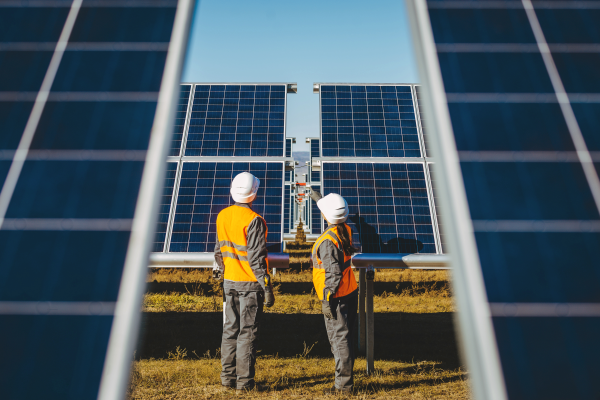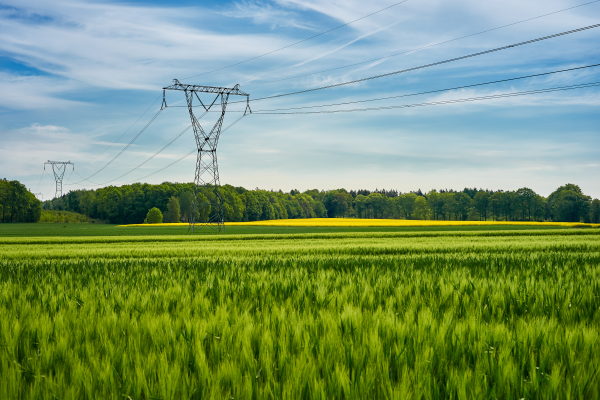Ammonia co-firing and pure ammonia combustion
A thermal power plant in Indonesia started studying technologies for ammonia co-firing and Pure ammonia combustion
The Indonesian government, PLN, and PJB are considering the use of carbon-neutral fuels in thermal power plants with the aim of achieving zero greenhouse gas emissions by 2060.
IHI, together with PT Pembangkitan Jawa-Bali (PJB), a 100% subsidiary of PLN, Indonesia's state-owned power company, announced that the Ministry of Economy, Trade and Industry (METI) has issued a memorandum of understanding (MoU) to verify the application of ammonia and biomass co-firing technology, the application of future Pure ammonia combustion technology, and the economic feasibility of such technology. It will be signed at the Asia Green Growth Partnership Ministerial Meeting (AGGPM) Public-Private Forum. For existing boilers such as the GRESIK thermal power plant owned by PJB, IHI will conduct various technical studies assuming the co-firing of carbon-neutral fuels such as ammonia and the implementation of Pure ammonia combustion in the future.
The Indonesian government, PLN, and PJB are considering the use of carbon-neutral fuels in thermal power plants with the aim of achieving zero greenhouse gas emissions by 2060. In accordance with this, PLN, PJB and IHI have been discussing co-firing and Pure ammonia combustion technologies for use in thermal power plants, especially ammonia, which does not emit CO₂ during combustion, and biomass, which is expected to be used in Indonesia as a renewable energy. In order to proceed with concrete and prompt studies, IHI have reached an agreement to study the power plant in question.
IHI believes that this initiative is in line with the direction of the "Asia Energy Transition Initiative (AETI)" announced by the Japan Government and the Ministry of Economy, Trade and Industry on May 24, 2021. Through this initiative, IHI will promote sustainable energy transitions by presenting concrete ways to achieve carbon neutrality globally and in ASEAN countries. In addition, by presenting various utilization models for carbon-neutral fuels, we will contribute to the early realization of social implementation of carbon-neutral fuels, including fuel from ammonia, and the reduction of global emissions by providing high-quality infrastructure.
Get the latest on the ammonia society
Resources
-

Ammonia's role in energy transition extends far beyond hydrogen carrier
“For hydrogen infrastructure, green ammonia as a hydrogen carrier has an important economic advantage compared to pure hydrogen gas,” according to Nobuhiko Kubota, Chief Technology Officer (CTO) at the Japanese multinational IHI. “And, the use of ammonia in the energy transition has more advantages.”
-

Green Ammonia in the carbon-free energy mix
At long last: the push to decarbonise industries worldwide is gaining momentum, especially for hard-to-abate (ie difficult-to-go-green) sectors like transport and power generation.
-

IHI's Support for Net Zero Emissions
IHI is currently developing various technologies to reduce and eventually eliminate net carbon emissions, including providing solutions for the Green Ammonia value chain.

